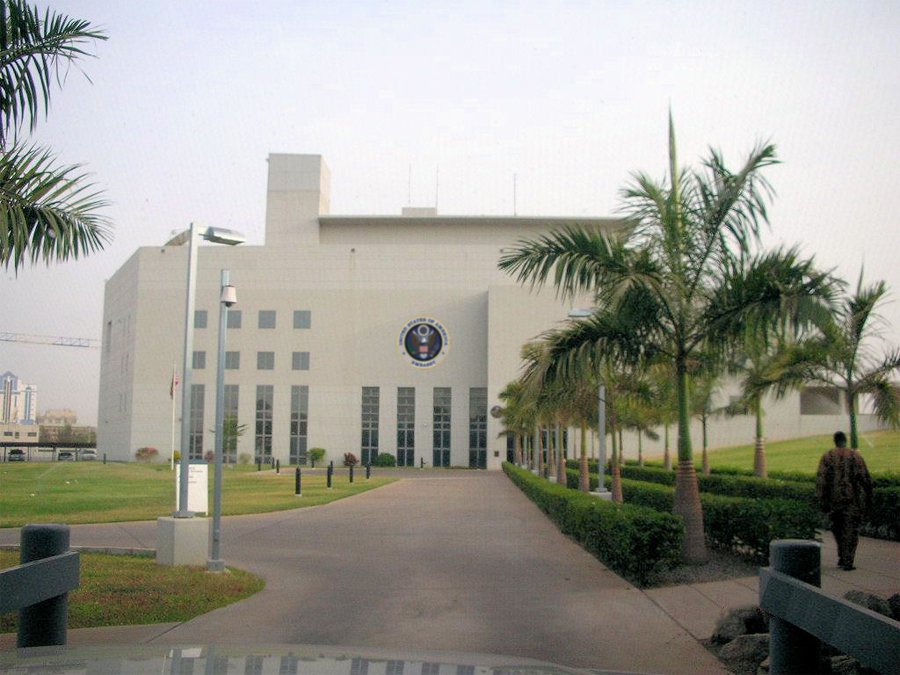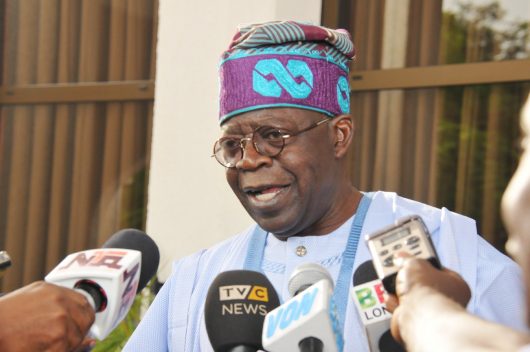The United States Ambassador to Nigeria, Mary Beth Leonard, has said that the presidential polls of February 25 failed to meet the expectations of Nig
The United States Ambassador to Nigeria, Mary Beth Leonard, has said that the presidential polls of February 25 failed to meet the expectations of Nigerians.
The ambassador acknowledged that many are angry and frustrated with the results, while some others are celebrating victories they believe were hard-fought and well-earned.
She, however, commended Nigerians for demonstrating their dedication to democracy.
Leonard, therefore, urged the Independent National Electoral Commission, INEC, to promptly address the challenges that can be resolved ahead of the March 11 gubernatorial elections and to undertake a broader review of the problems that transpired during the last elections and what can be done to fix them.
In addition, she urged INEC to share with the Nigerian public information about the actions it is taking.
She made this known in an op-ed, ‘The Elections of February 25.’
She commended Peter Obi and Atiku Abubakar for their commitment to take the legal path in contesting the presidential elections and also the president-elect, Bola Tinubu, for acknowledging their right to do so.
The statement partly reads, “The people of Nigeria demonstrated their dedication to democracy on February 25, but there are many angry and frustrated Nigerians as well as many who are celebrating victories they believe were hard-fought and well-earned.
“In the coming days, it will be important for the future of this country that Nigerians not let their differences divide them, and that the legally established process for resolving challenges to the election be allowed to take its course.”
Leonard also admitted that as much as it can be unsatisfying to end an electoral process in a courtroom, in a constitutional democracy bound by the rule of law, that is where electoral conflicts may appropriately conclude.
She noted that the Nigerian electoral landscape is ‘indisputably’ changing.
With respect to the results from the presidential and National Assembly polls, she noted that “more than half of the states – 20 – the winning candidate represented a different party than that of the incumbent governor. Twelve of these states are led by APC governors.
“For the first time, four presidential candidates won at least one state, and the top three each won 12 states based on these initial results.
“In the National Assembly elections, even with results still incomplete, we already know that changes are afoot: seven sitting governors lost in their attempts to win election to the Assembly; the Labor Party has won at least seven seats in the Senate; the NNPP has won at least 11 seats in the House of Representatives.”
She however assured that as “Nigeria goes through these next weeks and months, we stand with you.”


